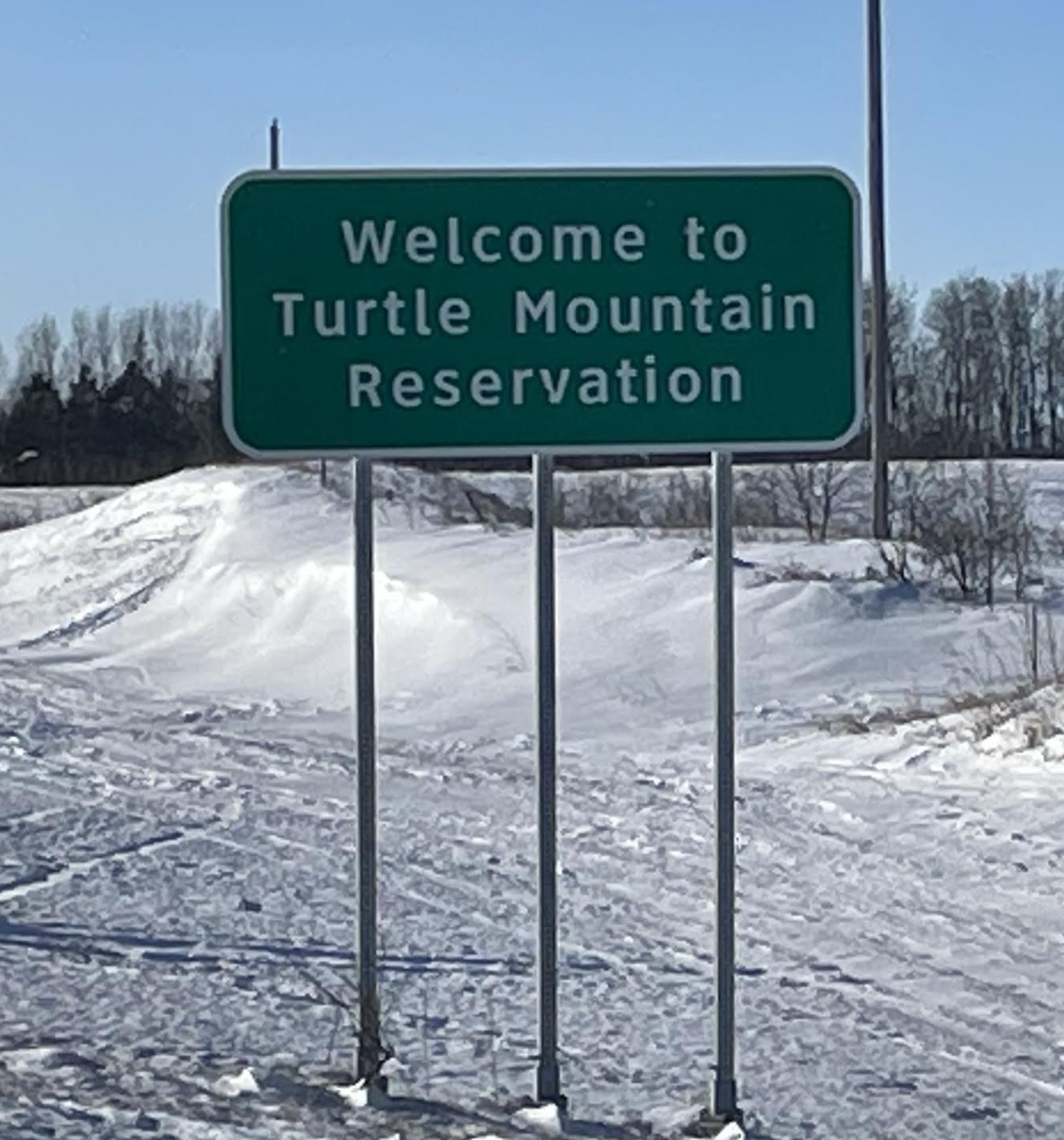
- Details
- By Neely Bardwell
Native Vote. After the Eighth Circuit Court made the decision to block private citizens from bringing lawsuits under Section 2 of the Voting Rights Act (VRA), the Spirit Lake Tribe, the Turtle Mountain Band of Chippewa, and several individual voters today filed an en banc petition urging the full U.S. Court of Appeals to reconsider the decision.
Section 2 of the VRA has been used for decades to combat racially discriminatory voting laws. The Eighth Circuit Court argued that the law does not create individual rights making this ruling at odds with Supreme Court precedent and undermining voting rights.
Campaign Legal Center (CLC), Native American Rights Fund (NARF), Robins Kaplan, LLP, and the Law Office of Bryan L. Sells, LLC filed the en banc petition arguing Section 1983 of the Civil Rights Act/Klan Act of 1871 is and must remain a means to enforce the voting guarantees of Section 2 in every state of the nation.
The original case was brought to the Eight Circuit Court to dispute North Dakota’s issued voting districting map that allegedly made it harder for Natives to vote explained plaintiff and North Dakota Native Vote Board Member Wes Davis (Turtle Mountain Chippewa) in a statement.
"We went to court because the map the state passed made it harder for Native voters like me to have a real voice. The court agreed and gave us a fair chance to elect candidates,” Davis said. “Now, the Eighth Circuit wants to take away my right to question maps that silence votes, not because we were wrong, but because they say the Voting Rights Act does not create rights. That’s not justice and we’re going to keep fighting for that.”
If this decision stands, only the U.S. Department of Justice is authorized by the VRA to file lawsuits in the Eighth Circuit, which effectively closes off voters’ ability to challenge unfair maps as the department diminishes its Civil Rights Division.
Native voters in North Dakota have been fighting for fair districting maps since 2021, and this decision threatens voters’ ability to challenge voting rights infringements. NARF Staff Attorney Lenny Powell said this is a devastating blow to Native voters and to the Voting Rights Act.
“This decision is a devastating blow to Native voters and to the Voting Rights Act itself. For decades, private citizens — especially in communities like Turtle Mountain and Spirit Lake — have relied on Section 2 to challenge racially discriminatory voting laws,” said Powell in a statement. “The Eighth Circuit has now become the only federal appellate court to block those claims from being heard. It’s a dangerous precedent that denies voters across seven states the right to defend their most fundamental freedoms. We’re not backing down. NARF will continue to fight to ensure that Native people can have a voice in the political process.”
Turtle Mountain Band of Chippewa Indians Chairman Jamie Azure said in a statement that the tribe will continue to fight for fair representation despite this set-back.
More Stories Like This
Native News Weekly (August 25, 2024): D.C. BriefsNavajo Nation Gaming Enterprise Marks Problem Gambling Awareness Month With $3.4M in Support
Cheyenne River Youth Project to Celebrate Women’s Strength at Barbie-Themed Passion for Fashion on March 14
Celebrating Native American Women
Native Bidaské: The Illusion of Freedom and the Myth of America 250, Leonard Peltier Speaks Out
Help us defend tribal sovereignty.
At Native News Online, our mission is rooted in telling the stories that strengthen sovereignty and uplift Indigenous voices — not just at year’s end, but every single day.
Because of your generosity last year, we were able to keep our reporters on the ground in tribal communities, at national gatherings and in the halls of Congress — covering the issues that matter most to Indian Country: sovereignty, culture, education, health and economic opportunity.
That support sustained us through a tough year in 2025. Now, as we look to the year ahead, we need your help right now to ensure warrior journalism remains strong — reporting that defends tribal sovereignty, amplifies Native truth, and holds power accountable.
 The stakes couldn't be higher. Your support keeps Native voices heard, Native stories told and Native sovereignty defended.
The stakes couldn't be higher. Your support keeps Native voices heard, Native stories told and Native sovereignty defended.
Stand with Warrior Journalism today.
Levi Rickert (Potawatomi), Editor & Publisher


